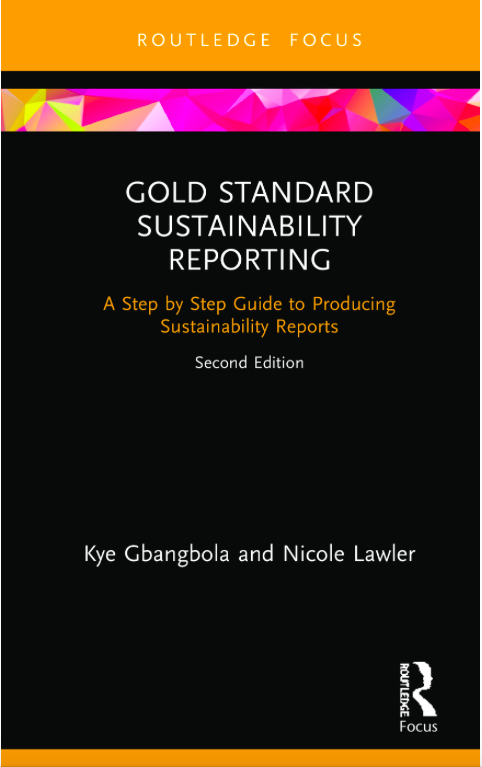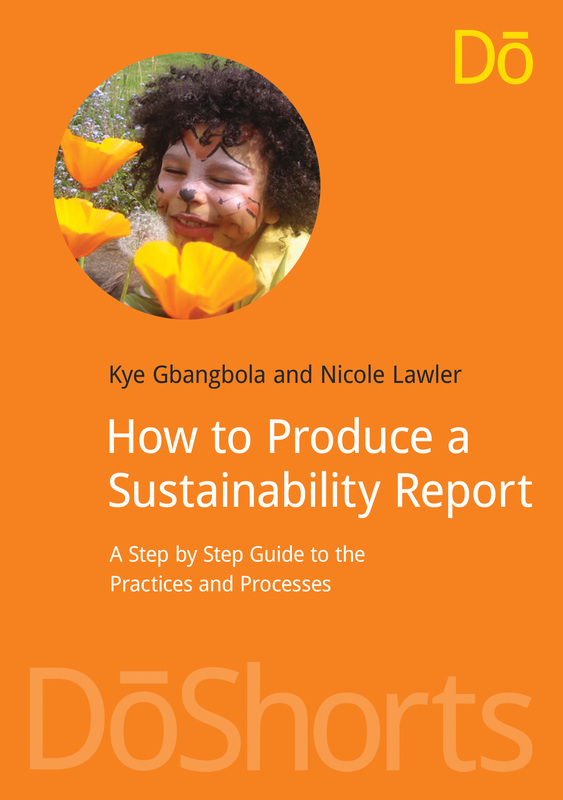
In recent years, the sustainability reporting field has undergone considerable change. More and more companies are starting to report their environmental, social and economic performance, and the uptake of GRI’s Guidelines is becoming ever more mainstream.
GRI recently conducted a study, asking Certified Training Partners to comment on the benefits and challenges of reporting, and on how sustainability reporting promotes positive change within organizations.
Overall, the Training Partners found there to be increased knowledge of how Corporate Social Responsibility (CSR) supports business strategy, and a better understanding of how stakeholder feedback can be used to enhance the level of transparency on material sustainability issues.
A number of challenges in the reporting process were identified. The Training Partners noted that for first-time reporters in particular, it can be hard to sell the idea of reporting to higher management and decision makers within an organization: Reporting can be interpreted as burdensome and costly, the effective engagement of stakeholders can be tricky, and it can be difficult to gather and analyze quality data.
There is also the challenge of not conveying too much information, as Niels Ferdinand of BSD Consulting Group Spain says: “Nobody wants to read long sustainability reports, and so the information needs to be focused on the issues that really matter to the relevant stakeholders. This is a difficult task for many companies.”
There are of course many benefits that have been realized by organizations that have undergone GRI training and produced sustainability reports. The Certified Training Partners commented that better stakeholder relationships are often established as a result of reporting, and that due to a systematic identification of risks, organizations are performing better. By tracing performance and producing sustainability reports, there is a noticeable improvement in the planning and communicating of organizational objectives and activities. An enhanced understanding of shared value is reached and a more unified working environment is achieved.
Leeora Black of the Australian Centre for Corporate Social Responsibility (ACCSR) says: “We believe that those organizations that realize the full value of sustainability reporting see beyond the report itself and use the materiality and sustainability reporting process to review their own business strategies and maintain their stakeholder relationships.”
Similarly, Habiba Al Marashi of Arabia CSR Network notes that sustainability reporting is “very effective in consolidating the wealth of aspects that could be considered for an organization’s CSR strategy.”

The GRI Certified Training Program, which is offered in 65 countries around the world by over 70 GRI Certified Training Partners, helps reporters plan and manage the process of producing a sustainability report based on the GRI Guidelines.
GRI selects and certifies local Training Partners to offer a range of GRI Certified Training Courses and Modules that are conducted in the local language, and use local case studies and examples. In the last five years, over 12,500 participants have attended a GRI Certified Training course, and the number is growing continually.
Thanks to the GRI Certified Training Program, a common language has been established around using the GRI Guidelines, and this is benefiting reporters from all walks of life.
from → GRI















 RSS Feed
RSS Feed
